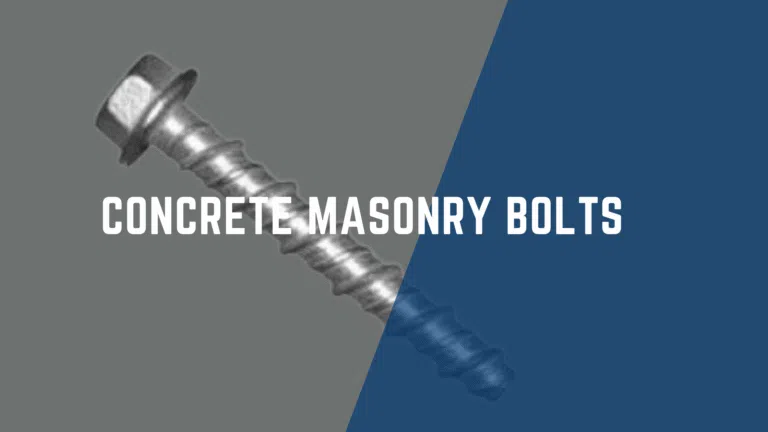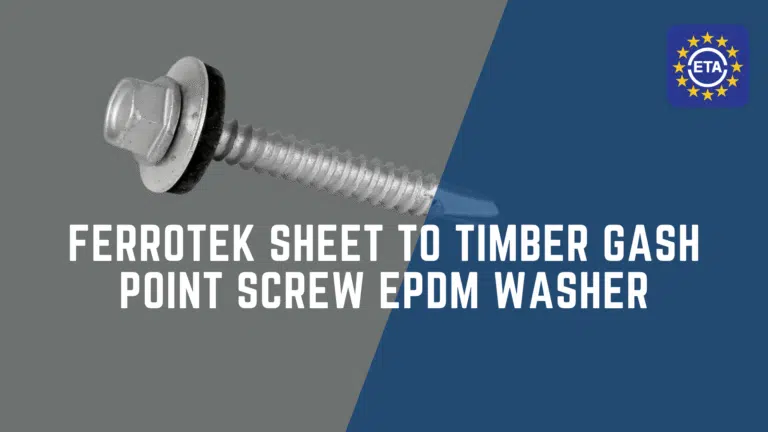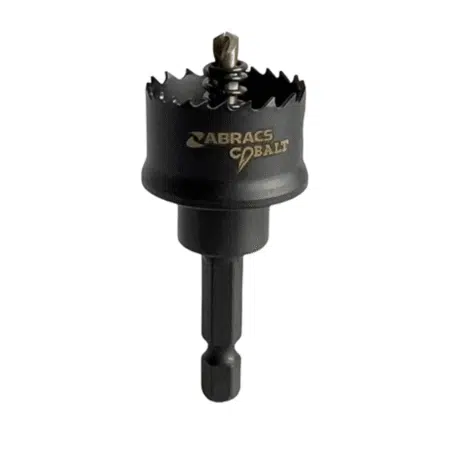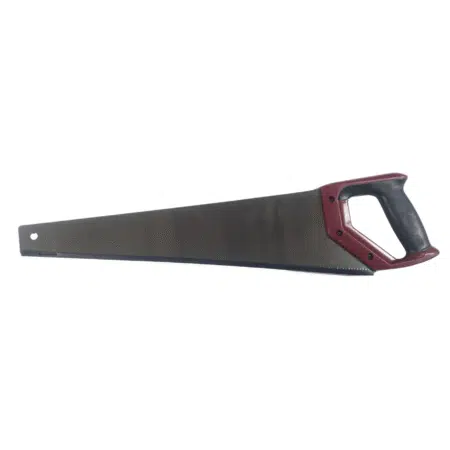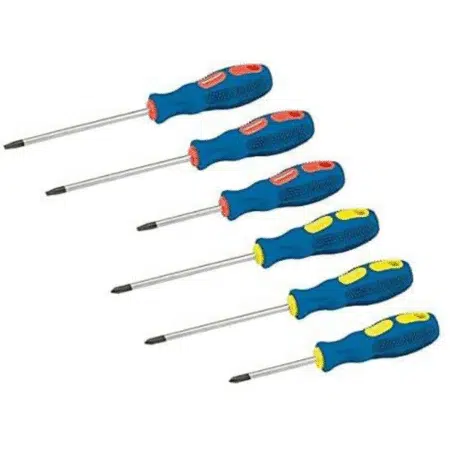You may not realise it, but concrete masonry screws play an imperative role in modern construction. These specialised fasteners allow you to securely anchor various materials to concrete and masonry surfaces, ensuring the integrity and stability of your building projects. By using the right screws, you can enhance safety and longevity while minimising the risk of structural failures. Understanding the significance of these screws can empower you to make informed decisions, ultimately leading to success in your construction endeavours.
Key Takeaways:
- Concrete masonry screws offer superior holding power, ensuring structural integrity and durability in various construction applications.
- These screws simplify installation with their easy driving capabilities and reduced need for pre-drilling, saving time and labour costs.
- They are designed to resist environmental factors, making them suitable for both indoor and outdoor use, thus enhancing sustainability in modern construction projects.
 The Unsung Heroes of Structural Integrity
The Unsung Heroes of Structural Integrity
Concrete masonry screws often operate behind the scenes, yet their significance in maintaining structural integrity cannot be overstated. These fasteners are integral to ensuring that walls, floors, and other components remain securely anchored. Their unique design allows them to effectively resist shear and tensile forces, which helps prevent structural failures that can lead to catastrophic consequences. In high-traffic areas or settings with fluctuating loads, their reliability becomes even more apparent, making them vital for modern construction practices.
The Role of Concrete Masonry Screws in Load-Bearing Applications
In load-bearing applications, concrete masonry screws provide imperative support by transferring weight through the fastened elements into the masonry. Their robust grip and precise threading allow for efficient load distribution, minimising the risk of cracking or settling. For instance, in multi-storey buildings, the correct selection and placement of these screws can mean the difference between a stable structure and one prone to failure.
Enhancing Durability in Various Environmental Conditions
Concrete masonry screws are designed to withstand a variety of environmental challenges, demonstrating their versatility and longevity in diverse settings. Whether exposed to moisture, extreme temperatures, or chemical exposure, these screws resist corrosion and maintain their strength, contributing to the overall durability of the construction. Their unique coatings, such as galvanisation or epoxy finishes, further enhance their ability to withstand harsh conditions, ensuring your projects remain secure over time.
In environments where moisture is prevalent, such as coastal regions, the risk of corrosion becomes significant. Concrete masonry screws, equipped with specialised coatings or made from stainless steel, effectively mitigate this issue, prolonging the lifespan of your buildings. Furthermore, their resistance to temperature fluctuations ensures that they maintain a secure hold even in areas subject to freezing and thawing cycles. By choosing the right screws, you protect your structures from decay while maintaining high standards of safety and reliability.
Why Conventional Fasteners Fall Short
Conventional fasteners often lack the necessary performance qualities required in today’s construction environments. In many instances, traditional anchors simply cannot provide the holding strength needed for modern materials, especially in high-stress applications. As structures become taller and more complex, the limitations of these fasteners become increasingly apparent. You may find yourself grappling with issues such as inadequate load-bearing capacity and susceptibility to corrosion, which can lead to premature failure and costly repairs.
Limitations of Traditional Anchors in Modern Construction
Traditional anchors, such as expansion bolts or lag screws, struggle to handle the demands of contemporary building materials. They often rely on mechanical expansion against substrate surfaces, which may be insufficient when paired with newer composites and light-gauge metals. In many cases, these fasteners can loosen over time due to vibrations and thermal fluctuations, resulting in compromised structural integrity. You might be surprised to discover how quickly these systems can underperform in high-load scenarios.
 The Economic Impact of Choosing the Wrong Fasteners
The Economic Impact of Choosing the Wrong Fasteners
The financial implications of selecting inappropriate fasteners can be significant. A single miscalculated fastener choice might escalate installation costs, increase labour expenses, and even cause delays in project timelines. Prioritising low-cost options may appear beneficial initially, but the potential for devastating failures can lead to excessive repair costs. Consider that replacing inadequate fasteners could not only double your expenses but also prolong construction schedules, resulting in lost revenue and reputational damage.
Examining the economic impact of choosing the wrong fasteners reveals potential pitfalls. A case study from a commercial construction site highlighted that switching from conventional anchors to concrete masonry screws reduced installation time by 30%, translating to significant labour cost savings. Over a large project, this saved thousands of pounds. Furthermore, the durability provided by these modern fasteners minimised expected maintenance costs, proving to be a more cost-effective solution in the long run. Prioritising quality and suitability can safeguard your investment and ensure structural longevity, making it imperative to consider fastener choices carefully.
Innovative Designs: How Screw Technology is Evolving
As the industry progresses, screw technology is continually advancing to accommodate modern construction’s complex demands. Innovative designs are emerging, improving functionality and durability while ensuring ease of installation. Enhanced features such as self-tapping threads, precision-engineered tips, and variable lengths allow for customised applications in diverse building materials, making it easier to achieve stronger, more reliable connections. Thus, embracing these developments can significantly impact your projects, elevating both performance and efficiency.
Advances in Material Composition and Coating Techniques
The evolution of materials in screw manufacturing has led to remarkable improvements in performance and longevity. High-grade alloys and advanced coating techniques such as zinc plating and polymer finishes help resist corrosion and wear, thus enhancing the lifespan of concrete masonry screws. These materials not only enhance the aesthetic appeal but also ensure that your fasteners remain effective in various environmental conditions, reducing maintenance costs and increasing project reliability.
The Influence of Engineering Innovations on Fastener Performance
Engineering innovations profoundly impact the performance of fasteners, directly affecting their strength, load capacity, and usability. Advanced analytics are being employed to simulate or predict how screws react under various stresses, leading to tailored designs that optimise performance. For instance, some manufacturers utilise finite element analysis (FEA) to refine thread designs, improving grip and minimising the risk of stripping. This level of precision not only increases durability but also enhances the overall integrity of your construction work, ensuring that your structures can withstand the test of time.
 Practical Applications: Realizing the Benefits of Concrete Masonry Screws
Practical Applications: Realizing the Benefits of Concrete Masonry Screws
Understanding the practical applications of concrete masonry screws unveils their true value in construction projects. These screws provide robust fastening solutions that are both efficient and reliable, allowing you to secure various materials such as brick, block, or concrete with enhanced precision. Their ability to resist shear and tensile forces ensures durability, making them ideal for structural components and support systems. Additionally, a concrete masonry screws overview reveals their compatibility with different substrates, making them versatile for a range of applications. Whether for residential projects or commercial builds, these screws can streamline the construction process, reducing the need for additional anchors or fasteners. Their ease of installation further enhances productivity on the job site, enabling professionals to achieve consistent and strong connections efficiently.
Key Industries Relying on Advanced Fastening Solutions
Various industries benefit significantly from the reliability of concrete masonry screws, which are tailored for demanding environments. These screws provide exceptional hold and stability, making them ideal for construction projects, infrastructure development, and repairs in both residential and commercial settings. Their adaptability and strength enhance the durability of structures, showcasing the importance of concrete masonry screws applications across numerous sectors. Furthermore, these fasteners are engineered to withstand harsh conditions, ensuring long-lasting performance and safety.
- Construction: Enhancing structural stability in buildings.
- Manufacturing: Streamlining assembly processes for heavy machinery.
- Infrastructure: Securing components in bridges and roadways.
- Telecommunications: Supporting antennas and communication towers.
- Residential: Simplifying home improvement projects.
| Industry | Application |
|---|---|
| Construction | Foundation anchoring and wall installations. |
| Manufacturing | Joining critical machine parts. |
| Infrastructure | Securing railings and safety features. |
| Telecommunications | Fastening heavy equipment securely. |
| Residential | DIY project enhancements. |
Success Stories: Projects That Highlight the Importance of Quality Fasteners
Various projects illustrate how concrete masonry screws have transformed construction practices, underlining the significance of utilising high-quality fasteners. In one notable case, a new high-rise development in London employed these screws to secure pre-cast concrete panels, drastically reducing installation time and enhancing reliability. As a result, the project not only adhered to the stringent safety regulations but also met the tight deadlines set forth by the developers.
This particular high-rise project exemplifies a broader trend: quality fasteners like concrete masonry screws are instrumental in achieving both safety and efficiency. You gain peace of mind knowing that these screws can withstand environmental pressures and the weight of various applications, ensuring that structural integrity remains unyielded throughout the lifespan of any construction. Such success stories strengthen the argument that investment in quality fasteners is paramount for any project aiming for longevity and robustness.
Future-Proofing Construction: The Case for Investing in Quality Fasteners
Investing in quality fasteners like concrete masonry screws pays dividends by ensuring that your constructions are not only robust but also future-ready. With advancing building standards and increasing environmental concerns, utilising high-quality materials will enhance sustainability and compliance with regulations, setting you apart from competitors. As the industry shifts towards resilient structures that withstand the test of time, prioritising superior fastening solutions becomes not just a preference, but a necessity for long-lasting success.
Anticipating Industry Trends in Fastening Technologies
As you look to the future, staying ahead of industry trends in fastening technologies is vital for maintaining a competitive edge. Innovations such as self-drilling and eco-friendly fasteners are gaining traction, catering to a market more conscious of sustainability and efficiency. With manufacturers investing in research and development, we can expect advancements that improve performance, reduce installation times, and enhance the overall quality of construction projects.
The Long-Term Cost Benefits of Using Concrete Masonry Screws
Focusing on long-term cost benefits reveals that concrete masonry screws significantly reduce the likelihood of costly repairs or replacements down the line. By ensuring a tight and secure fit, these screws mitigate the risk of structural failure and damage caused by environmental influences. Investing in quality fasteners means fewer maintenance activities over time, allowing you to allocate resources more efficiently and enhance profitability.
Opting for concrete masonry screws pays off in the long run through reduced maintenance costs and fewer instances of structural failure. For instance, while the initial investment might be higher than alternative fasteners, the durability and reliability of concrete masonry screws minimise overall life-cycle costs. In projects where safety and structural integrity are paramount, a one-time investment in these screws can prevent the need for extensive repairs, thus leading to significant savings that can be reinvested in future projects or enhancements.
Final Words
Drawing together the various aspects of modern construction, you can appreciate how significant concrete masonry screws are for ensuring structural integrity and reliability. These screws not only provide robust connections between masonry components but also simplify the fastening process, saving you time and effort. Understanding their benefits will empower you to make informed choices for your projects, ultimately enhancing durability and performance. By incorporating these screws into your construction practices, you can achieve stronger, more resilient structures that meet the demands of contemporary building standards. Additionally, choosing masonry screws for projects allows for greater flexibility in design, as they accommodate various materials and thicknesses effectively. They also reduce the risk of damage to masonry elements, which can occur with traditional fastening methods. By prioritizing these screws in your construction processes, you not only improve assembly efficiency but also ensure the longevity of the structures you create.
FAQ
Q: What are concrete masonry screws and why are they used in modern construction?
A: Concrete masonry screws are specialised fasteners designed to securely attach items to concrete or masonry surfaces. They are commonly made from hardened steel and feature unique threads that allow them to grip the concrete securely without the need for pre-drilling a pilot hole in many cases. This efficiency makes them an crucial component in modern construction, where speed and durability are paramount.
Q: How do concrete masonry screws differ from traditional fasteners?
A: Unlike traditional screws, concrete masonry screws boast a distinctive thread design that provides superior gripping power in masonry materials. They often require less installation time as they do not necessitate anchor plugs or extensive preparation, streamlining the construction process. Furthermore, their materials are engineered to withstand the harsh conditions and stresses associated with concrete structures. In a concrete masonry screws overview, it’s important to highlight their versatility, as they can be used in a variety of applications, from securing fixtures to anchoring heavier loads. These screws also minimize the risk of damage to adjacent materials, making them ideal for both new constructions and renovations. As a result, they have become a preferred choice among contractors and builders for reliable and efficient fastening solutions in masonry work.
Q: What advantages do concrete masonry screws offer over other fastening methods?
A: The advantages include enhanced durability, ease of installation, and superior holding power. Unlike expansion anchors or toggle bolts, masonry screws can be installed directly with a power drill, making them faster to use. They are also designed to resist corrosion and other environmental factors, which is particularly beneficial in outdoor applications or humid environments.
Q: Are concrete masonry screws suitable for all types of masonry work?
A: Yes, concrete masonry screws can be employed for various masonry applications, including securing wooden frameworks to concrete, installing fixtures, and attaching panels. However, it’s important to select the appropriate length and diameter of the screw based on the specific materials and thicknesses involved to ensure effective fastening.
Q: What should I consider when selecting concrete masonry screws for a project?
A: When opting for concrete masonry screws, consider factors such as the type of masonry material, the thickness of the material being fastened, and the weight of the items being attached. Additionally, look for screws that provide corrosion resistance if the application will be exposed to moisture or outdoor elements. The appropriate size and type will ensure optimal performance and longevity of the installation. Moreover, it’s essential to use a proper drill bit designed for masonry to create pilot holes, as this will ease the process of installing concrete masonry screws. When installing concrete masonry screws, take care to follow the manufacturer’s guidelines regarding torque specifications to prevent any damage to the material. Proper preparation and attention to detail during this process can significantly enhance the stability and durability of your fixtures.

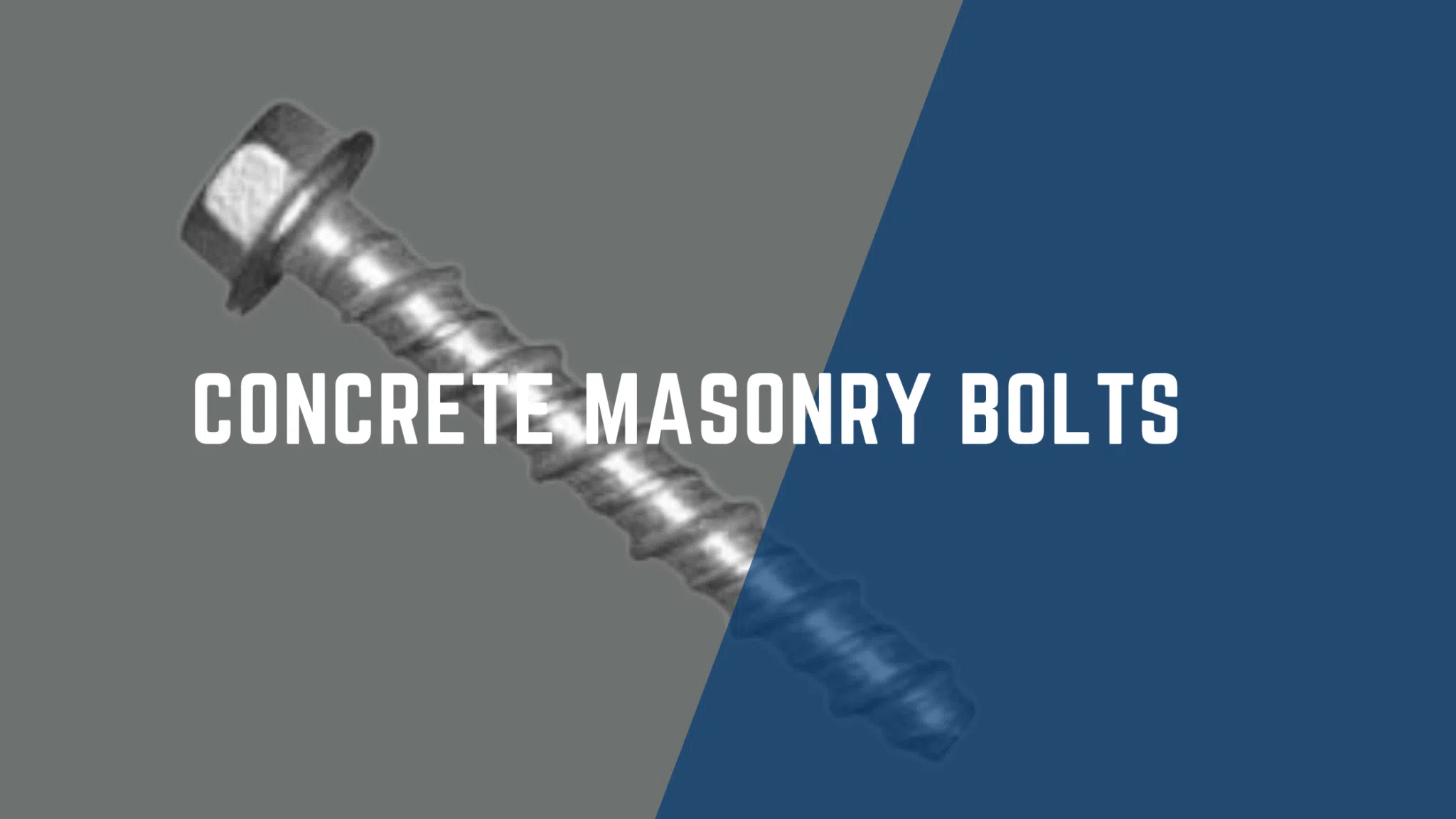
 The Unsung Heroes of Structural Integrity
The Unsung Heroes of Structural Integrity The Economic Impact of Choosing the Wrong Fasteners
The Economic Impact of Choosing the Wrong Fasteners Practical Applications: Realizing the Benefits of Concrete Masonry Screws
Practical Applications: Realizing the Benefits of Concrete Masonry Screws
